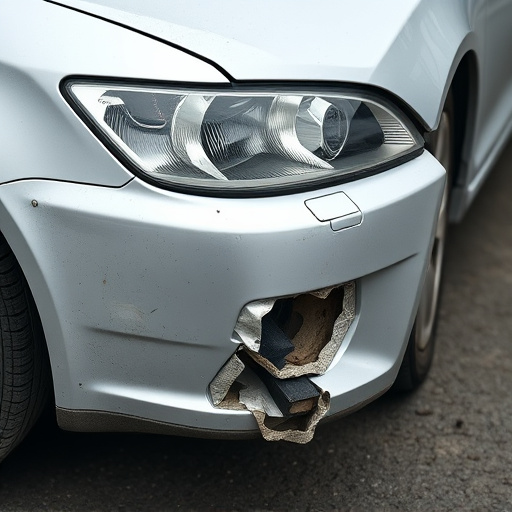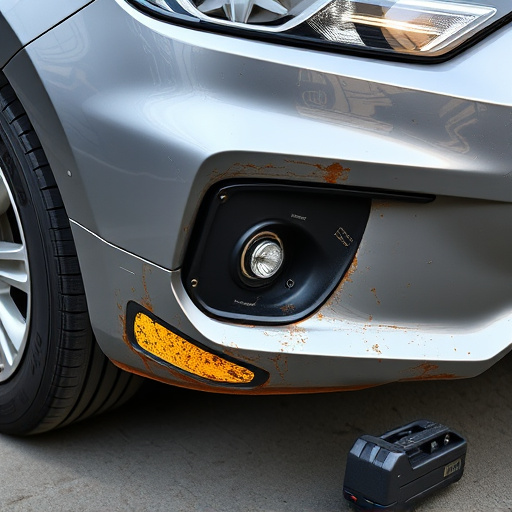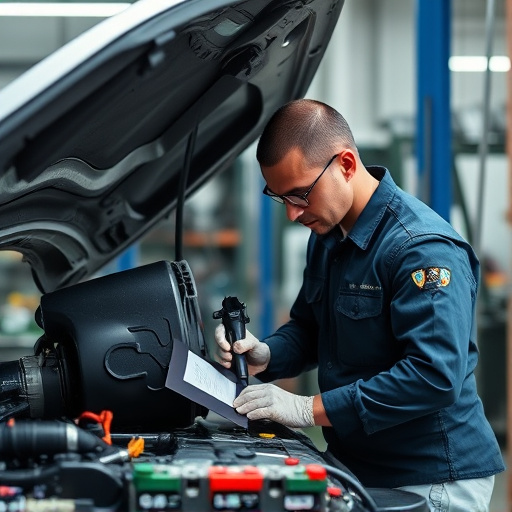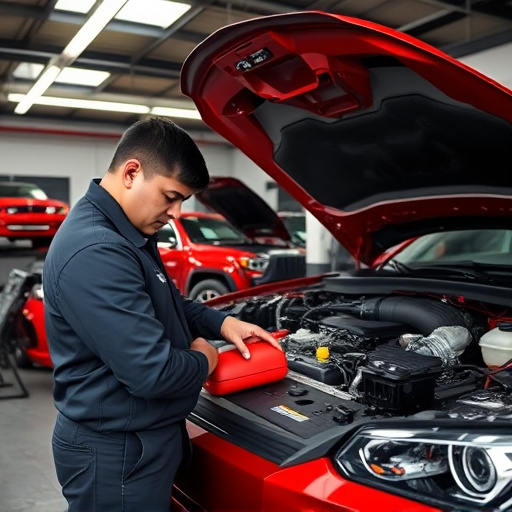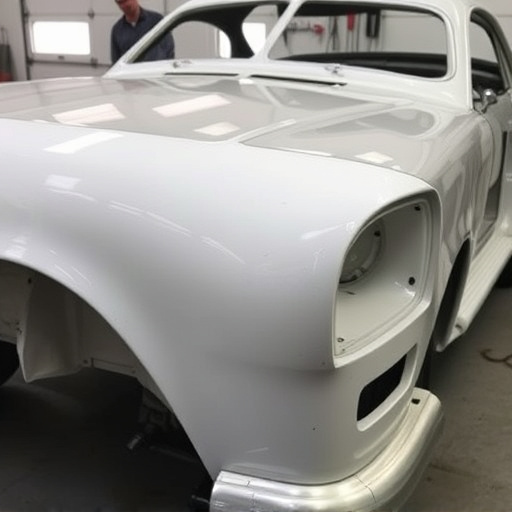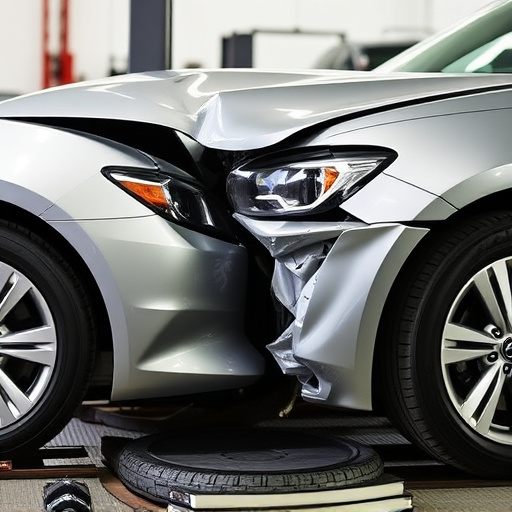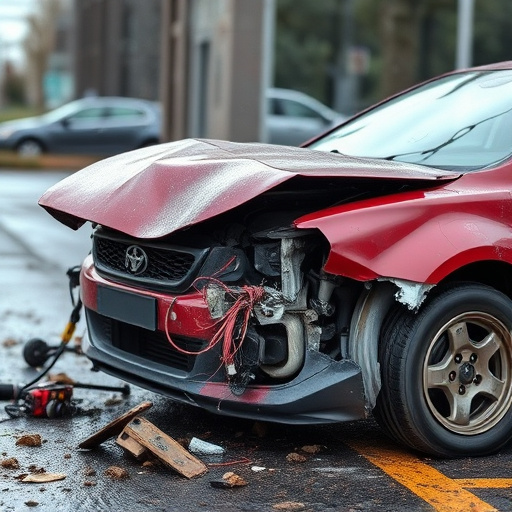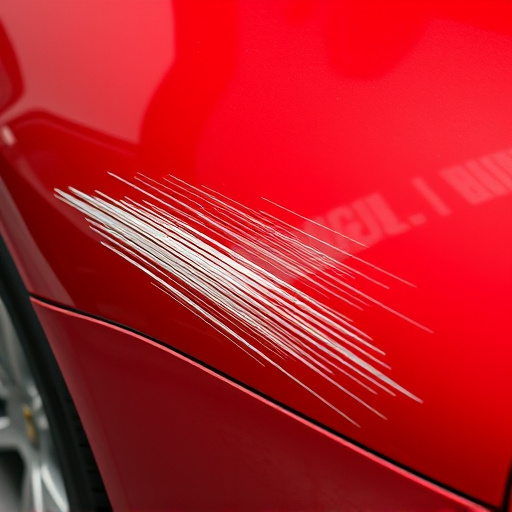Assessing damage and replacing parts are crucial in diesel truck collision repair. Skilled technicians conduct thorough evaluations of internal components, using genuine parts to maintain performance and safety standards. A meticulous quality assurance process ensures high-quality repairs, customer satisfaction through transparent communication, and comprehensive aftercare support.
After a diesel truck collision, the path to restoration begins with a meticulous assessment of damage. This involves a comprehensive inspection to identify affected components, ensuring safety and optimal performance. The next crucial step is replacing parts, restoring not just functionality but also the vehicle’s ability to navigate the road safely. Finally, quality assurance becomes paramount, as final touches ensure customer satisfaction, pivotal in reclaiming your trusted diesel truck.
- Assessing Damage: A Comprehensive Inspection
- Replacing Parts: Restoring Functionality and Safety
- Final Touches: Quality Assurance and Customer Satisfaction
Assessing Damage: A Comprehensive Inspection
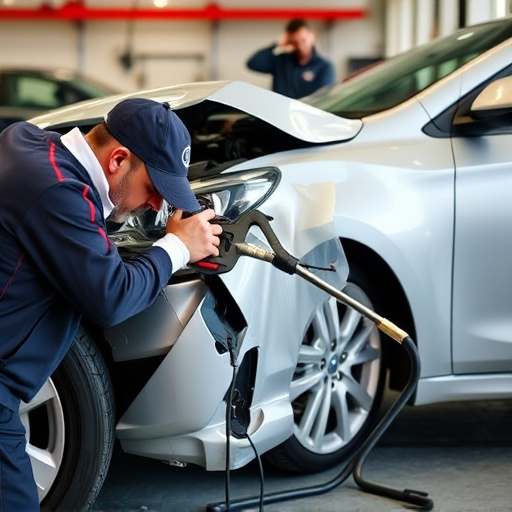
When a diesel truck is involved in a collision, assessing the damage is the first crucial step in the collision repair process. It’s not just about visually inspecting the exterior; it involves a comprehensive inspection to identify any internal components affected. Skilled technicians will carefully evaluate every system, from the engine and drivetrain to the electrical and fluid lines, to ensure they are all functioning optimally post-repair.
This meticulous assessment is vital as it determines the extent of work required. It also helps in identifying potential safety hazards that might have resulted from the collision. Whether it’s a minor fender bender or a more severe crash, a thorough understanding of the damage is key to taking the best approach for diesel truck collision repair, ensuring both effectiveness and safety.
Replacing Parts: Restoring Functionality and Safety
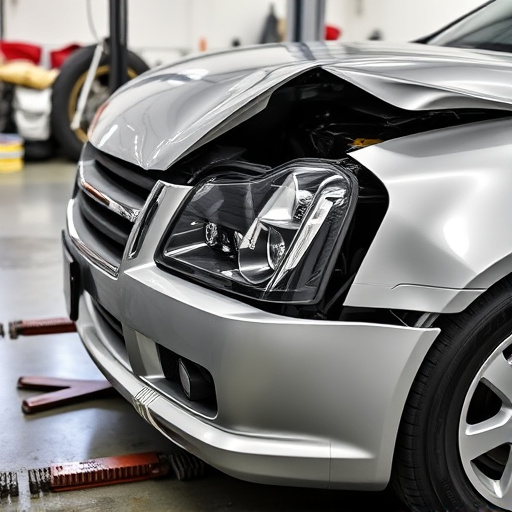
When it comes to diesel truck collision repair, replacing parts is a critical step in restoring both functionality and safety. After a crash, various components may be damaged or rendered ineffective, from the frame and chassis to specialized mechanical systems tailored for heavy-duty use. Skilled technicians assess each part’s condition, ensuring that only genuine replacement parts are used to maintain the truck’s original performance characteristics.
Proper diesel truck collision repair involves not just fixing structural damage but also addressing potential safety hazards. This meticulous process guarantees that every replaced part meets stringent quality standards and is compatible with the vehicle’s complex systems. By prioritizing both functionality and safety, expert technicians ensure that the repaired diesel truck not only drives smoothly but also operates reliably and securely on the road.
Final Touches: Quality Assurance and Customer Satisfaction

After the diesel truck collision repair is complete, the final touches involve a meticulous quality assurance process. Skilled technicians inspect every detail, ensuring the vehicle meets the highest standards and aligns with original specifications. This rigorous check includes examining paint jobs for even coating and color accuracy, verifying structural integrity through comprehensive testing, and inspecting mechanical components to ensure optimal performance.
Customer satisfaction is paramount in diesel truck collision repair. The body shop must foster an environment of transparency, keeping clients informed every step of the way. Clear communication about repairs, timelines, and costs builds trust. Additionally, offering vehicle pick-up and delivery services, along with comprehensive aftercare support, demonstrates a commitment to customer service that goes beyond the repair itself, enhancing the overall experience and ensuring client satisfaction.
In the realm of diesel truck collision repair, a meticulous approach ensures not just structural integrity but also the safety and performance of these vital vehicles. By thoroughly assessing damage, replacing parts with precision, and meticulously applying final touches, repair professionals restore these trucks to their optimal state. With each step, they contribute to the seamless continuation of operations for fleet owners and drivers alike, making diesel truck collision repair a complex yet indispensable process in today’s world.


